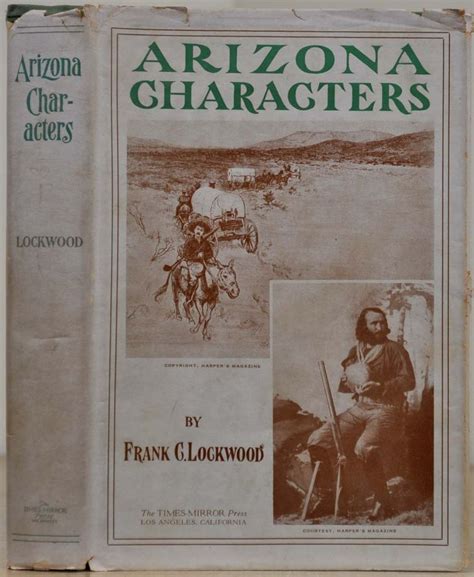A Quote by D. H. Lawrence
Having achieved and accomplished love, then the man passes into the unknown. He has become himself, his tale is told.
Related Quotes
The cause of all the blunders committed by man arises from this excessive self-love. For the lover is blinded by the object loved; so that he passes a wrong judgment on what is just, good and beautiful, thinking that he ought always to honor what belongs to himself in preference to truth. For he who intends to be a great man ought to love neither himself nor his own things, but only what is just, whether it happens to be done by himself, or by another.
If man were relieved of all superstition, and all prejudice, and had replaced these with a keen sensitivity to his real environment, and moreover had achieved a level of communication so simplified that one syllable could express his every thought, then he would have achieved the level of intelligence already achieved by his dog.
A man who lies to himself, and believes his own lies becomes unable to recognize truth, either in himself or in anyone else, and he ends up losing respect for himself and for others. When he has no respect for anyone, he can no longer love, and, in order to divert himself, having no love in him, he yields to his impulses, indulges in the lowest forms of pleasure, and behaves in the end like an animal. And it all comes from lying - lying to others and to yourself.
The common ground where the activities of God and man become one is the motive of perfect love; for in the last resolve love is the essence of God's nature. When he thinks, love is his thought; when he wills, love is the product of his will. To the degree, therefore, that man thinks and wills the good--to the degree that he realizes love in his finite dealings--he interfuses himself with God.
It's fear of the unknown. The unknown is what it is. And to be frightened of it is what sends everybody scurrying around chasing dreams, illusions, wars, peace, love, hate, all that-it's all illusion. Unknown is what it is. Accept that it's unknown and it's plain sailing. Everything is unknown-then you're ahead of the game. That's what it is. Right?
I am indeed a fortunate man and today's hours are but a bonus, undeserved. Why have I been allowed to live this extra day when others, far better than I, have departed? Is it that they have accomplished their purpose while mine is yet to be achieved? Is this another opportunity for me to become the man I know I can be?
One of the things that I find most incredible about dad is the third act of his life.After all he accomplished in his professional career and what he's given for his country, at the point in his life where he's faced adversity, losing a son, having a helicopter crash, having a stroke, and what he's accomplished in this third act in his life, I find quite extraordinary.
From the point of view of the Christian faith, man comes in the profoundest sense to himself not through what he does but through what he accepts. He must wait for the gift of love, and love can only be received as a gift... One must wait for it, let it be given to one. And one cannot become wholly man in any other way than by being loved, by letting oneself be loved... If he declines to let himself be presented with the gift, then he destroys himself.
When a patient says he feels stuck and confused, and through good intentions he struggles to become loose and clear, he only remains chronically trapped in the mire of his own stubbornness. If instead he will go with where he is, only then is there hope. If he will let himself get deeply into the experience of being stuck, only then will he reclaim that part of himself that is holding him. Only if he will give up trying to control his thinking, and let himself sink into his confusion, only then will things become clear. (64)
How much reverence has a noble man for his enemies!--and such reverence is a bridge to love.--For he desires his enemy for himself, as his mark of distinction; he can endure no other enemy than one in whom there is nothing to despise and very much to honor! In contrast to this, picture "the enemy" as the man of ressentiment conceives him--and here precisely is his deed, his creation: he has conceived "the evil enemy," "the Evil One," and this in fact is his basic concept, from which he then evolves, as an afterthought and pendant, a "good one"--himself!




































